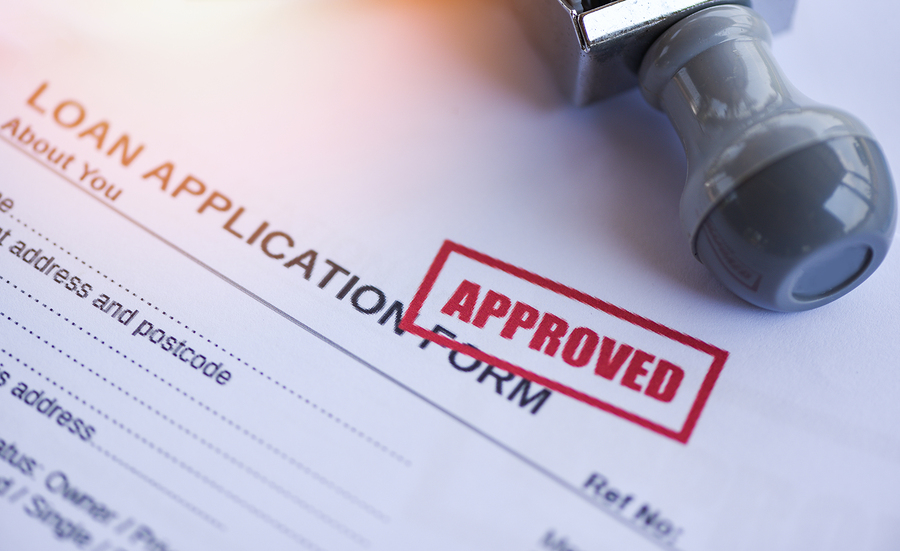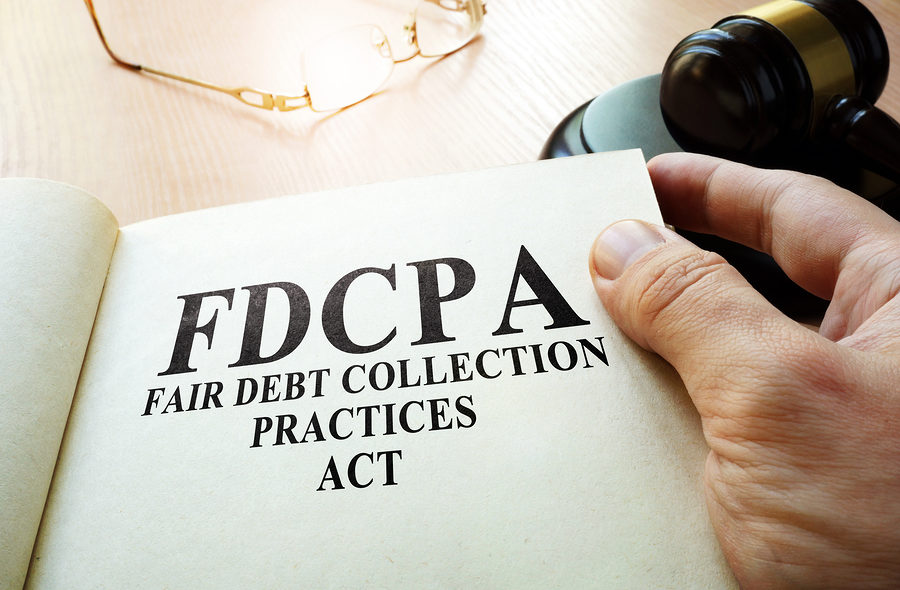A new trend is being observed when it comes to consumer debt across the country. More often than before personal loans are being utilized by consumers looking to pay for unexpected or needed expenses. In fact, personal loan debt was reported as being the fastest growing category of consumer debt in 2018. Personal loans reached a record high of $291 billion as of the last quarter of 2018, according to a new study from credit reporting agency, Experian.
Experian compared lending figures from 2017 to 2018 and found an 11.9 increase in personal lending in the course of one year. In fact, the increase of consumers taking out personal loans was nearly double the growth rate of consumers taking out new credit cards. Between 2017 and 2018, an increase of 5.9 percent was seen in credit card applications while personal loans grew at the reported 11.9 percent. In comparison, car loans saw an increase of 4.3 percent while student loans saw a jump of only 5.8 percent and mortgages at 2.8 percent.
One reason for the increase of personal lending has been attributed to the similar increase of online lenders and other financial technology that makes it easier for someone to get these type of loans. These loans require only a signature as a promise to pay. High interest personal loans are oftentimes a last resort for borrowers who are in financial trouble and lenders know it. The terms and conditions are not favorable to the borrower. If the borrower wishes to pay off the loan early, there often exit fees and penalties that come as a result.
According to the study, currently 36.8 million outstanding personal loans exist in the United States. These loans vary depending on whether they are secured by collateral or were issued unsecured. Many consumers utilize personal loans as a means of consolidating debt, while others use personal loans to finance larger purchases. Regardless of their reasons, it is estimated that 10.8 percent of adults have at least one personal loan debt.
It is estimated that the average personal loan balance, as of the end of 2018, is $15,143 with an average monthly payment of $353. Personal loans tend to carry a higher interest rate, especially those that are unsecured, and the average annual percentage rate on a personal loan is currently 9.37 percent.
Of all the age categories surveyed, the Baby Boomer generation had the highest average personal loan balance owed of $19,403. Millennials carried an average balance of $12,574, while Generation Z held the lowest balance of $5,941.
The survey found that Washington had the highest average personal loan balance in the amount of $27,295. Washington was followed by South Dakota who had an average loan balance of $26,597, Oregon with a balance of $26,527, North Dakota with a balance of $26,281, and Montana who had an average balance of $24,725. Of all the states surveyed, New Mexico was the state that had the highest number of personal loans taken out per person in the state, with a rate of 1.7. Other states with similar rates included Louisiana, Oklahoma, and Texas.
Of all the states surveyed, Hawaii was found to have the lowest average personal loan balance of $12,638. Other states with lower average balances included Kentucky, Illinois, and Georgia, as well as the District of Columbia.
Please click here to read more.
If you have questions on this topic or are in financial crisis and considering filing for bankruptcy, contact an experienced Miami bankruptcy attorney who can advise you of all of your options. As an experienced CPA as well as a proven bankruptcy lawyer, Timothy Kingcade knows how to help clients take full advantage of the bankruptcy laws to protect their assets and get successful results. Since 1996 Kingcade Garcia McMaken has been helping people from all walks of life build a better tomorrow. Our attorneys’ help thousands of people every year take advantage of their rights under bankruptcy protection to restart, rebuild and recover. The day you hire our firm, we will contact your creditors to stop the harassment. You can also find useful consumer information on the Kingcade Garcia McMaken website at www.miamibankruptcy.com.


